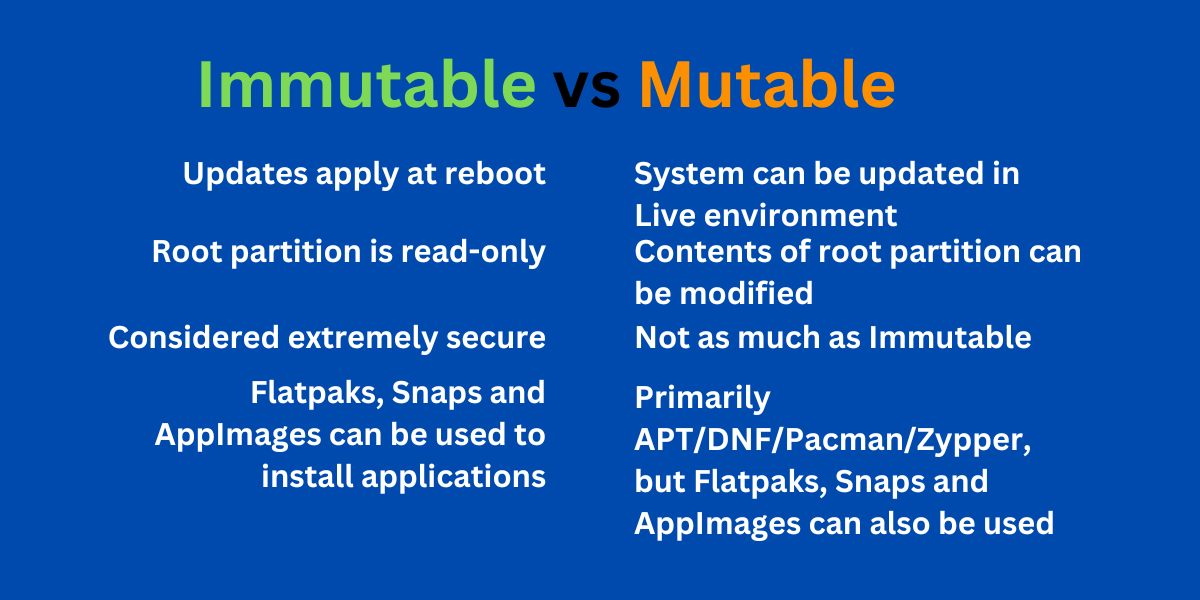this post was submitted on 13 Jan 2025
368 points (94.0% liked)
Linux
57700 readers
816 users here now
From Wikipedia, the free encyclopedia
Linux is a family of open source Unix-like operating systems based on the Linux kernel, an operating system kernel first released on September 17, 1991 by Linus Torvalds. Linux is typically packaged in a Linux distribution (or distro for short).
Distributions include the Linux kernel and supporting system software and libraries, many of which are provided by the GNU Project. Many Linux distributions use the word "Linux" in their name, but the Free Software Foundation uses the name GNU/Linux to emphasize the importance of GNU software, causing some controversy.
Rules
- Posts must be relevant to operating systems running the Linux kernel. GNU/Linux or otherwise.
- No misinformation
- No NSFW content
- No hate speech, bigotry, etc
Related Communities
Community icon by Alpár-Etele Méder, licensed under CC BY 3.0
founded 6 years ago
MODERATORS
you are viewing a single comment's thread
view the rest of the comments
view the rest of the comments

If we're asking what people mean when they use those descriptors, then you're correct.
However, literally speaking, in this context, immutable only means read-only, and atomic only means that updates are applied all-at-once or not at all (no weird in-between state if your update crashes halfway through).
The rest of the features (rollbacks, containerization, and immutable meaning full system image updates) are typically implied, but not explicitly part of the definition.
I knew a real wizard would clarify sooner than later. Much obliged and keep up the good work anon!